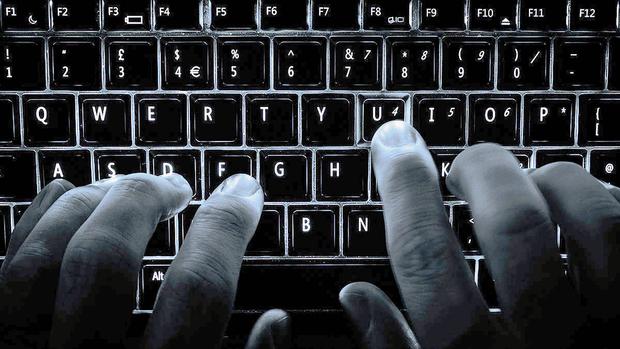

Right2Know said while they support initiatives to fight actual cybercrimes like fraud and identity theft, they said they reject provisions made in the bill.
The organisation said the bill will hand further power to state security structures, allowing them control of internet governance in the country.
Right2Know spokesperson Murray Hunter said their main interest was to protect the public.
“We are concerned that it’s part of a move of the state to control the internet. The state’s spying power is being abused and we see this as part of a move to get more power.”
Hunter said they were opposing Chapter 3, among others, of the bill, which speaks to communication on social media.
“Chapter 3 of the Bill lays the groundwork for heavy-handed state policing of social media users, as various kinds of ‘harmful messages’ will now be a new form of crime.
“The bill will even make it a crime to post ‘inherently false’ information on social media. Freedom of expression must be protected online and we do not believe the Minister of State Security should be passing judgement on what is true or false online.”
Chapter 11 of the Bill will allow for the minister to declare any device, network or infrastructure on the internet to be “critical information”.
Director of dispute resolution at Cliffe Dekker Hofmeyr attorneys, Tracy Cohen said the bill is controversial.
“It raises numerous issues which require debate such as (over) reach, possible unintended consequences and effect on other laws such as the Protection of Personal Information Act and Rica. A framework is necessary to combat and prosecute cybercrimes in South Africa – the question is how much amendment is required to make this an effective one.”
Cohen said the bill, should it be passed into law, will have far- reaching implications for individuals and organisations.
Parliament spokesperson Rajaa Azzakani said committee chairperson Mathole Motshekga would only comment after the public participation process.
Lawyer Henno Bothma said there are currently no laws governing what people post on social media. “The rules of defamation on social media are similar to defamation in the normal course of businessThere is not absolute defence in a defamation case, it has not been enacted yet, but defamation comes from common law.”
He said cases of defamation on social media were being learnt about by the courts as new cases were received.
[“Source-iol”]

